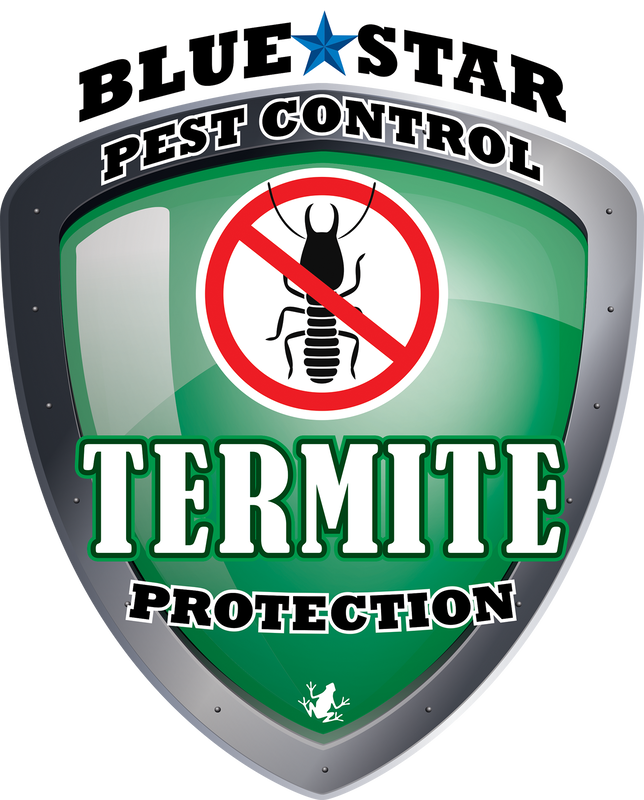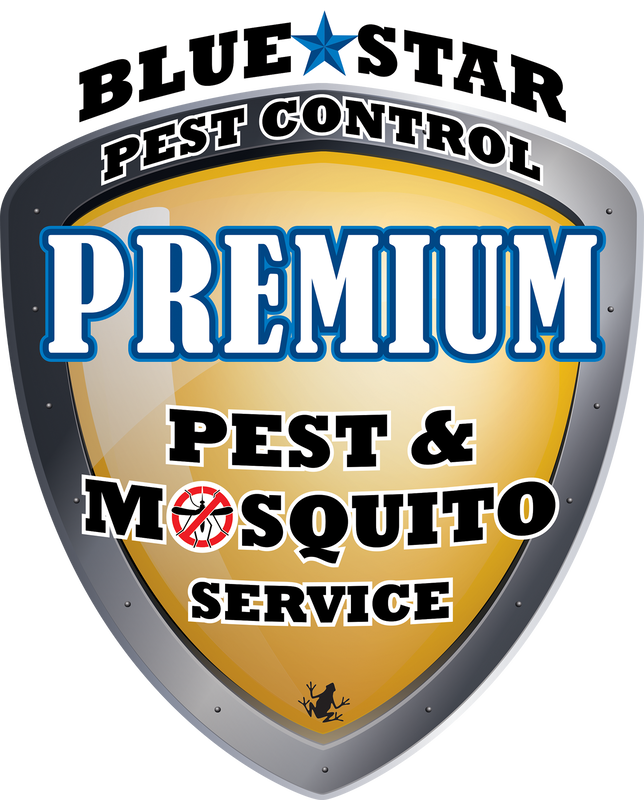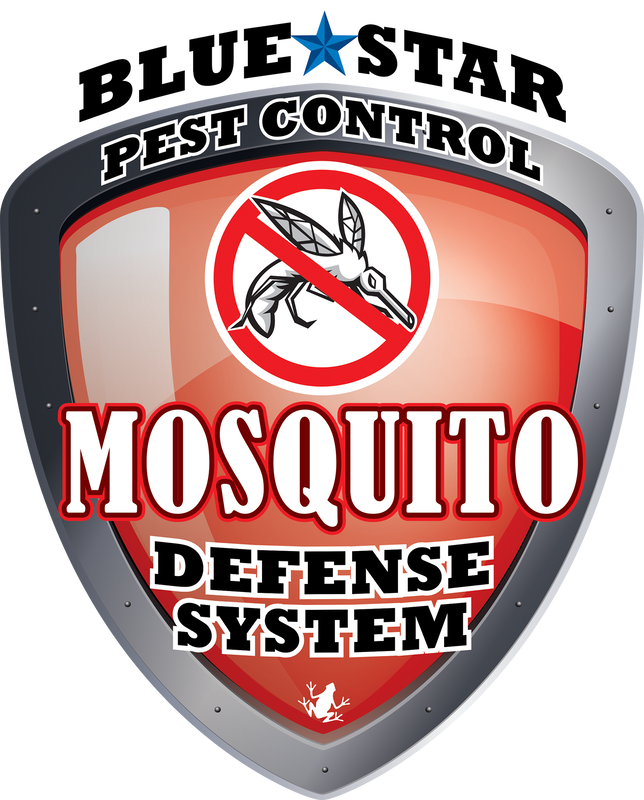Commercial Pest Control |
|

All commercial businesses should have a pest control program in place. From small offices to food establishments to food handling facilities. As business operators it is your responsibility to care for the welfare of your employees as well as your customers. Pests never stop testing your defenses, but a well-planned and consistently executed control program can keep these nuisances from developing into serious problems.
Every food handling establishment, food processing plant, and every food distribution center must have a detailed pest control program in place that can be verifiable to Sanitation and Health inspectors. How you control pests depends on what type of business you are in, but you must remember that even to have evidence that pests have been present in a food facility is illegal. It is a violation of the FD&C Act of 1938 to have such things as rodent pellets or bird feathers in your warehouse." Pests are a serious problem. For one, they can cause substantial economic loss. "Studies commonly estimate that pest activity results in losses ranging between 5% and 10% of stored food products," reports David Mueller, publisher of a pest control newsletter. In the third world, pests destroy up to 50% of stored food. Pest activity is among the top five causes of consumer complaints. Most people are aware that pests can carry disease microbes and that infestation can lead to litigation and harmful publicity. The German cockroach is probably the greatest nuisance pests because it quickly develops resistance to many pesticides. Once a population of this roach is established, you must rotate pesticides to maintain control. Pests' ability to hide in unexpected places adds another complication. We have found cockroaches in the insulation around the firebox of ovens as well as hundreds of locations within a commercial type kitchen. When the heat goes up, the roaches move out to a cooler place. We have seen roaches head-to-tail at the door gasket of a refrigerator and have even seen roaches fall from the ceiling. BLUE STAR implements a planned and organized approach to the control of pests within your business. We make the goal of our plan not to just control pests, but to implement Integrated Pest Management (IPM). IPM means using all the resources at your disposal so you can minimize the use of chemical agents. We create your pest management program with formal written procedures. We ensure that the procedures will always be available to those who must follow them, will be updated when needed and, most importantly, that they will be enforced. Management must follow up to make sure that things are being done correctly. Our program conforms to federal, state, and local regulations and guidelines. We conduct monthly training classes with all of our technicians to insure that our team is the best informed and best trained professionals in our serving area. Record keeping is a crucial part of a pest management program. We implement a sight log binder system and provide written documentation as to pesticide used within the business. Record keeping of the use of pesticides, safety equipment, and other information is vital to Health and Sanitation Inspectors. |
|
** Quality Service at an Affordable price **
"We do not cut corners to cut price!"
"We do not cut corners to cut price!"






